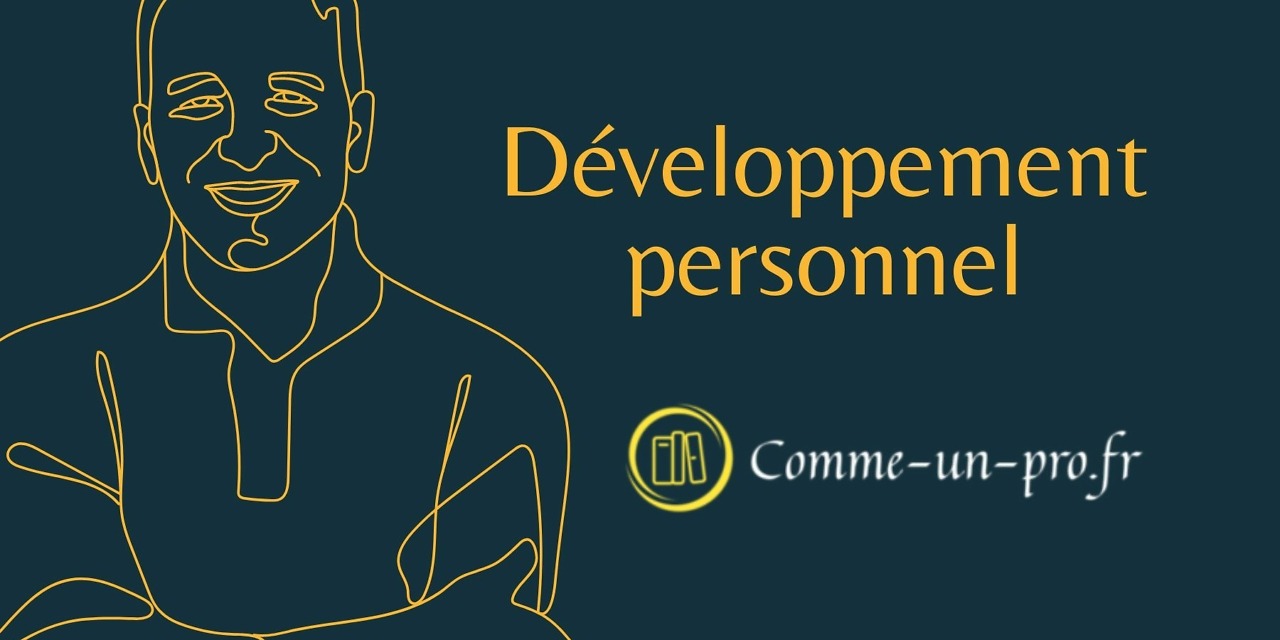Understand the importance of continuous learning in today's professional world
Continuous learning, once considered a competitive advantage, has become a necessity in today's business world. In an ever-changing work environment, skills and knowledge need to be regularly updated to stay relevant and competitive.
The first reason for this need is the rapid evolution of technologies and working methods. Technological advances such as artificial intelligence, cloud computing and robotics are transforming the way we work. To stay up to date, it is essential to constantly learn and adapt to these new technologies.
Then, continuous learning allows you to develop new skills and broaden your knowledge. By learning new skills, you can adapt to new responsibilities, explore new career opportunities, and even reinvent yourself professionally.
In addition, continuous learning contributes to your employability. Employers are increasingly looking for people who show a willingness to learn and grow. Therefore, continuous learning can help you stand out and secure your position in the job market.
Finally, continuous learning promotes personal and professional growth. It stimulates curiosity, creativity and self-confidence, thus contributing to a better quality of life at work and outside it.
Effective Strategies for Integrating Continuous Learning into Your Professional Life
In a world where change is the only constant, the question is no longer whether continuous learning is necessary, but rather how to effectively integrate continuous learning into your professional life. Here are some strategies to help you develop a culture of continuous learning.
First, set clear learning goals. Whether it's mastering a new tool, improving an existing skill, or learning a new skill, having clear goals can help keep you focused and motivated. Remember to make these goals specific, measurable, achievable, relevant and time-bound (SMART).
Next, create a learning plan. A learning plan can help you organize your time and resources, and track your progress. It can include online courses, books, workshops, conferences, or any other resource that can help you achieve your learning goals.
Also, look for opportunities to learn on the job. This can include corporate trainings, special projects, or just conversations with colleagues and mentors. Not only does it allow you to learn new things, but it can also help strengthen working relationships and improve teamwork.
Also, adopt a growth mindset. Challenges and failures are not obstacles, but opportunities to learn and grow. By adopting a growth mindset, you can view every experience, good or bad, as an opportunity to learn and grow.
Finally, don't forget to take care of yourself. Continuous learning can be demanding, and it's important to maintain a balance between work, learning and personal life. Make sure you take time to relax, exercise, and spend time with loved ones.
Integrating continuous learning into your professional life can seem like a daunting task, but with a little planning and persistence, you can turn learning into a daily habit that can help you grow your career.
Valuable resources to support your lifelong learning journey
As you embark on this journey of continuous learning, it is essential to be aware of the resources available to you. This article will help you find valuable resources to support your lifelong learning and enhance your career development.
- Online learning platforms : These sites offer an incredible range of courses in almost every field imaginable. Platforms like Coursera, Udemy, and Khan Academy offer high-level courses taught by experts in their respective fields.
- Books and e-books : Books remain an invaluable learning resource. With e-readers and reading apps, it has never been easier to access a vast library of knowledge.
- Podcasts and Ted Talks : If you prefer to learn by listening, podcasts and Ted Talks are fantastic ways to gain new knowledge. They cover a multitude of topics and are often led by thought leaders and experts.
- Mentoring and coaching : Finding a mentor in your field can be an extremely effective way to learn first-hand. Likewise, working with a coach can help you hone your skills and navigate your career path.
- Professional networks : Joining professional networks can provide you with valuable learning opportunities, in addition to helping you make useful connections.
- Workshops and conferences : These events are not only an opportunity to learn, but also to network and meet like-minded people.
Continuous learning is a quest that never ends. This is a proactive approach to constantly expanding your knowledge and skills. With these resources at your disposal, you are well equipped to make continuous learning an integral part of your career development.


